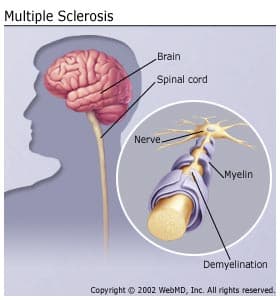By: Lauradonna Manno, DPT
About 600,000 American men and women experience a first or recurrent stroke each year. Major depression is seen in about 10 to 27 percent of them. Unfortunately when depression occurs following a stroke it is frequently undiagnosed and untreated. Up to 40 percent of stroke survivors will experience symptoms of depression within the first two months.

Depression can occur in anyone, of any age; however, people who had a stroke are at a greater risk of feeling depressed. This should not go untreated and each diagnosis should be treated separately.
Treating depression will help the patient who has had a stroke improve their medical status, enhance their quality of life, reduce pain, shorten the rehabilitation process, and lead to an earlier community integration. Treatment for depression in stroke patients should be directed by a mental health professional such as a psychiatrist, psychologist, or clinical social worker who works closely with the physician providing the post-stroke rehabilitation and treatment.
Persons with stroke related depression, especially those with major depressive disorder, may be less compliant with rehabilitation, more irritable, and may experience personality change.
Although signs or symptoms of depression may overlap with post-stroke symptoms, skilled health professionals at AgeWell will:
- Recognize the symptoms of depression
- Inquire about their duration and severity
- Refer to the appropriate health care professional

